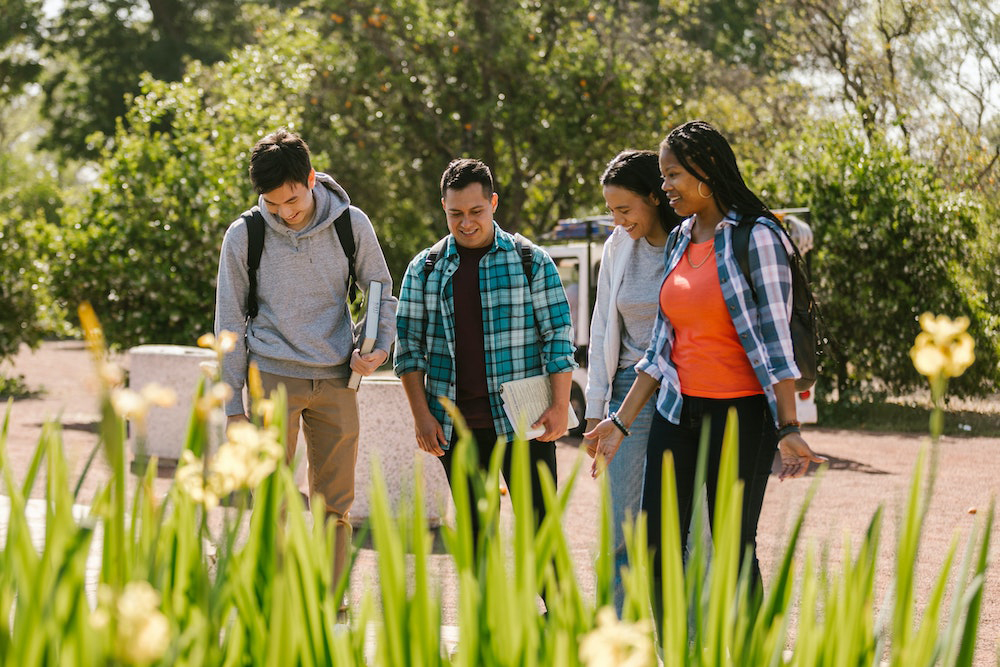Though our ancestors lived in closely connected, interdependent groups, most modern humans have a dramatically different lifestyle. The large, multigenerational families of the past have given way to people who have few friends and little opportunities to socialize.
The COVID-19 pandemic led to even more isolation by forcing the cancellation of in-person events and causing people to shelter at home to keep themselves and their communities healthy. After all the stress and challenges of the past two years, many Americans now report being lonely and lacking social connections.
The Health Risks of Loneliness
Solitude and social isolation affect a significant number of people in the United States, elevating their risk of severe medical conditions like cognitive decline, depression, anxiety, substance use disorders, and premature death. While older adults are particularly vulnerable to these issues, anyone who spends most or all of their time alone can experience physical and mental health problems as a result.
Introverts are typically more comfortable being alone without feeling lonely, but even naturally shy or reclusive people need socialization and healthy relationships with others.
Benefits of Socialization
Developing your social health and wellness requires an honest assessment of what you want out of your relationships with friends and family members. Every connection you have should be mutually beneficial – not one-sided or dysfunctional.
You should also recognize that your interactions with each separate person in your life might vary widely, depending on the circumstances. For instance, friendships forged in the workplace can bring you different social health benefits than relationships with your family.
Surrounding yourself with a supportive social network will build your self-esteem. As your confidence increases, you’ll continue to develop your emotional wellness, communications, and conflict management skills.
How to Be More Social
There are many ways to start your journey to social wellness. Here are some suggestions on how to enhance your social health by strengthening existing relationships and forming new ones.
- Reflect on yourself and your personality. What facets of your social life are beneficial to you? Are there any opportunities for improvement?
- Prioritize staying in touch with supportive friends and family.
- Be honest about your needs and set boundaries if necessary.
- Volunteer in your community. For example, volunteering for an organization or cause you’re passionate about will naturally help you meet like-minded people.
- If you have a dog, regularly visiting a dog park provides excellent socialization opportunities for you and your pet.
- Take a class in a subject that has always interested you.
- Join a gym or sign up for a local recreational sports league.
Connection Is the Opposite of Addiction
Isolation, loneliness, and dishonesty are all defining characteristics of addiction. As a substance use disorder progresses, all your other priorities will gradually fall away as you increasingly depend on drugs or alcohol to feel like yourself. Eventually, even your closest relationships will suffer as a result.
Part of recovering from addiction involves rebuilding lost connections, restoring intimacy, and sincerely apologizing to people you’ve hurt. In showing a genuine willingness to do this work, you can prove to yourself and others that you are serious about making a change for the better.
The foundation of Lakeside-Milam’s growth and success is our nationally recognized clinical program. Contact us today for your complimentary drug and alcohol evaluation and take the first step toward breaking the cycle of substance abuse.






